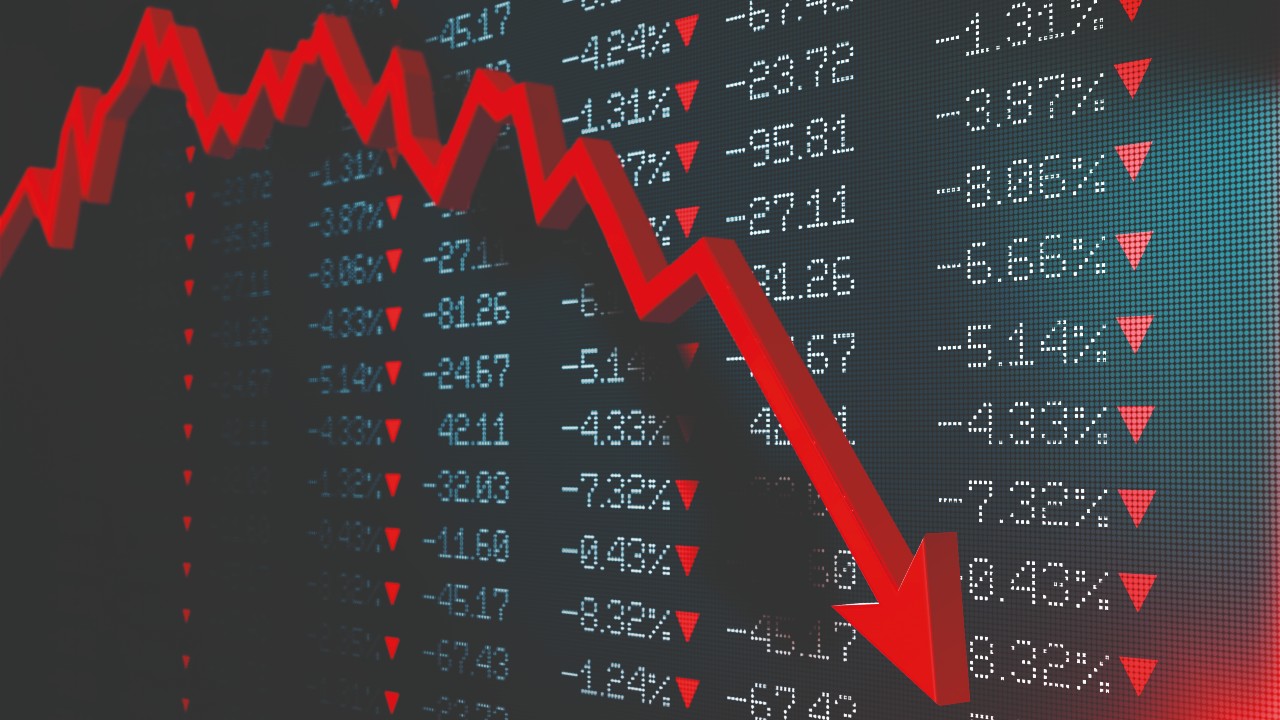With economies around the world in danger of careering out of control, checks are needed to bring balance and return prices to reasonable levels. FIDI Focus asked for the insight of Marcel Jörg, Chief Executive Officer of Gosselin – who says a recession is needed to achieve this stability
Why would I, as a full-blooded entrepreneur, ask for a recession? I am not sure myself – but I feel that we have become too afraid of the ‘R’ word. Economies have historically been marked by ups and downs. Somehow, today’s society expects these cycles to no longer exist; we want governments to guarantee a constant increase of prosperity.
Currently, it appears that Swiss children’s feet only grow over the summer holidays, because parents in Switzerland are apparently struggling to find readily available children’s shoes for the start of the next school term. It turns out none are left in the local shops and there are few online that can be delivered quickly.
Back in April, I had started looking for a new bike for our son who was celebrating his ninth birthday in June. Despite the constant news on supply chain issues, I was still surprised by how hard it was to find a child’s bike. I ended up buying the only bike I could find online that was deliverable before mid-June: a carbon-framed mountain bike with top components that cost a fortune. Still, better than an entire season without a bike, right? Therefore, we did what many consumers currently do: we accepted the price increase and kept on buying.
The scarcity of certain goods drives prices up. This on top of the impact of increased freight costs, too. We are all happy to see that the sea freight costs from China to Europe dropped from a peak of around US$15,000 a year ago, to less than $10,000, but let’s not forget that it sat below $2,500 for many years before the pandemic.
Would you agree that some of the skyrocketing pricing we are currently facing can’t possibly be justified by the typical inflation pattern of passing on increased costs to customers? So, I ask you: what, other than a recession, could bring back the customer-friendly, competitive and decently priced products and services we were used to consuming?
Another worry about the current economic imbalance is related to labour issues. Even before the pandemic, governments pumped record amounts of money into relatively strong markets around the globe to stabilise or even further stimulate demand at already high levels. The requirement of structural shifts triggered by digitalisation escalated the labour shortages we are facing in many industries.
As well as the resulting upward pressure on pay, we are seeing an increase in what I would call ‘comfort arrangements’: demand for a part-time agreement that pays the same as a full-time job; more holiday; increased business travel allowances; and better fringe benefits such as having to pay for the care of an employee’s new ‘lockdown pet’.
You would expect Switzerland to be the home of such prosperity-driven behaviour. However, I have recently experienced this pattern in countries where you would least expect it.
Only a few short months ago, employers received a lot of loyalty from their workforce for looking after them during the pandemic; we got high scores in employee surveys. Since then, businesses are booming, and we can hardly cope with the increase in demand, putting the workforce under immense stress. With a lack of skilled people in the job market, employers are unable to scale up fast enough. This increases the workload and adds to the pressure on our talented staff at a time when they are looking for more free time and comfort; doesn’t sound very promising to me.
While I wish prosperity and peace for the entire planet, I fear the situation is getting out of whack. Delivery times become longer and increasingly less reliable. Tariffs are being replaced by spot rates, leading to costs becoming unpredictable. The global economy is driving full speed into a chaos many of us have not experienced before.
Therefore, I believe that only a slowing down of demand will put the economies into a bearable and sustainable balance again. There are too many structural shifts required for the supply to adapt to the new realities fast enough. A recession will allow us to breathe again, and the sooner it comes, the softer the landing will be. The more we fight against a recession, the harder we will fall. Hence, my first – and hopefully once in my lifetime – call for a recession. Please!


